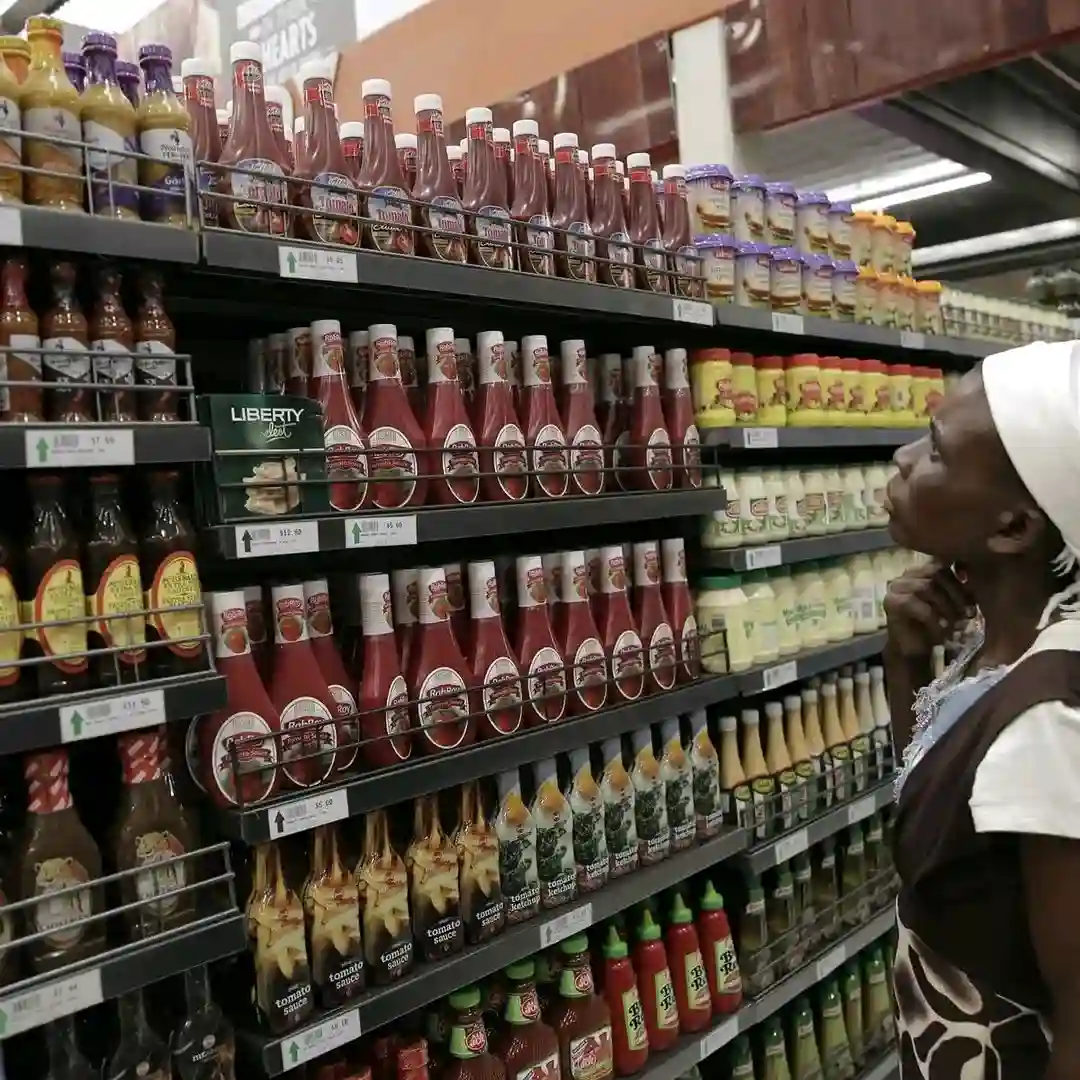Consumers in Zimbabwe are feeling the strain of the tightening cost of living. A family of six now requires ZWL$8.1 million, up from ZWL$6.2 million in January this year.
This increase comes at a time when the cost of basic goods has skyrocketed, rendering them unaffordable for many Zimbabweans.
Consumer Council of Zimbabwe (CCZ), spokesperson Phillimon Chereni told Business Times that the low-income urban earner monthly basket for a family of six has moved up by 30 per cent and is now at ZWL$8.1 million in the local currency. Said Chereni:
The CCZ’s low-income urban earner monthly basket for a family of six moved up by 30% and is at ZWL$8.1m in the local currency, up from ZWL$6.2m recorded for January 2024. While in United States dollars there was a 1% decrease to US$544 from US$551. This decrease is attributed to the discounts that some shops are giving consumers discounts if they buy using the United States dollars.
Trade unionists and economists, speaking to the Business Times, asserted that the surge in prices denominated in Zimbabwe dollars stems from the market’s refusal to accept the local currency.
President of the Zimbabwe Congress of Trade Union Florence Taruvinga said salaries are being paid in Zimbabwean dollars whilst goods and services are priced in US dollars. She said:
Workers continue to be paid in Zimbabwe dollars which they then use to buy the elusive American dollars. In real terms, this has seen real wages depreciating in any economy that has dollarised.
The goods and services which shops are reducing prices are only a decoy as loss and pretence, basic goods and services remain expensive and out of reach for my constituency.
Employers and businesses have realised that the only best foot forward if they want to remain afloat is to charge for services and commodities in United States of America dollars.
However, for my labour constituency, the dollarisation of the economy comes as a double-edged sword.
Zimbabwe Congress of Public Sector Trade Unions secretary-general David Dzatsunga said:
This is a catastrophic escalation of the ever-widening income and cost of living gap and if wages remain where they are, there is going to be total incapacitation with dire consequences for the nation in terms of service delivery.
Vince Musewe, an economist, said employees earning local currency have become poorer as they are failing to meet life requirements.
Musewe said workers must earn extra income somewhere else, adding that “things will not get better until we dollarise the economy”.
More: Pindula News

